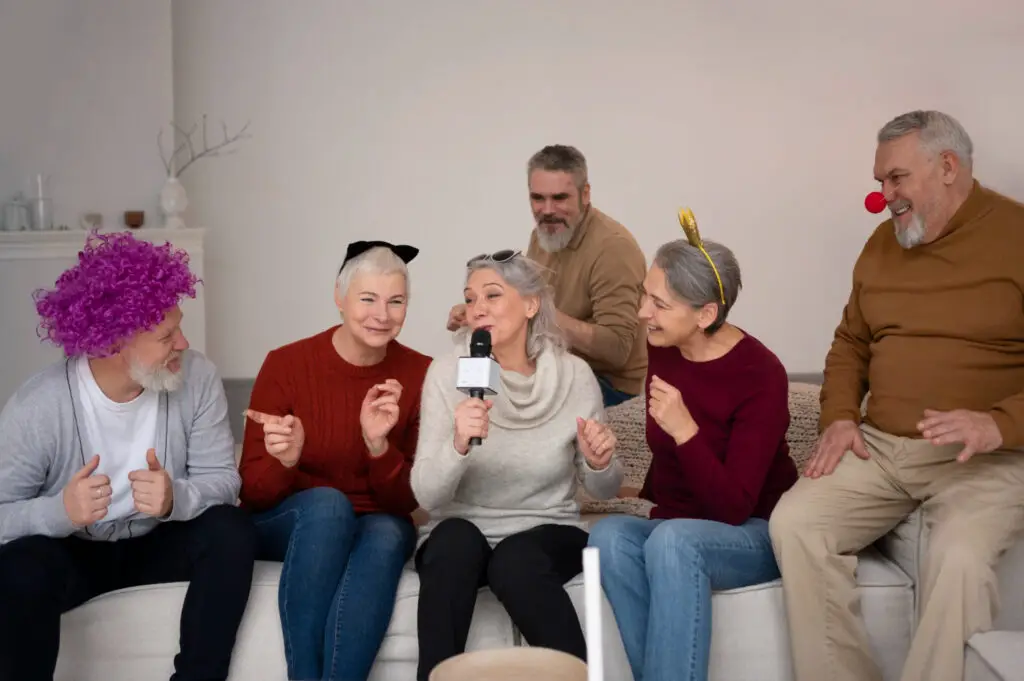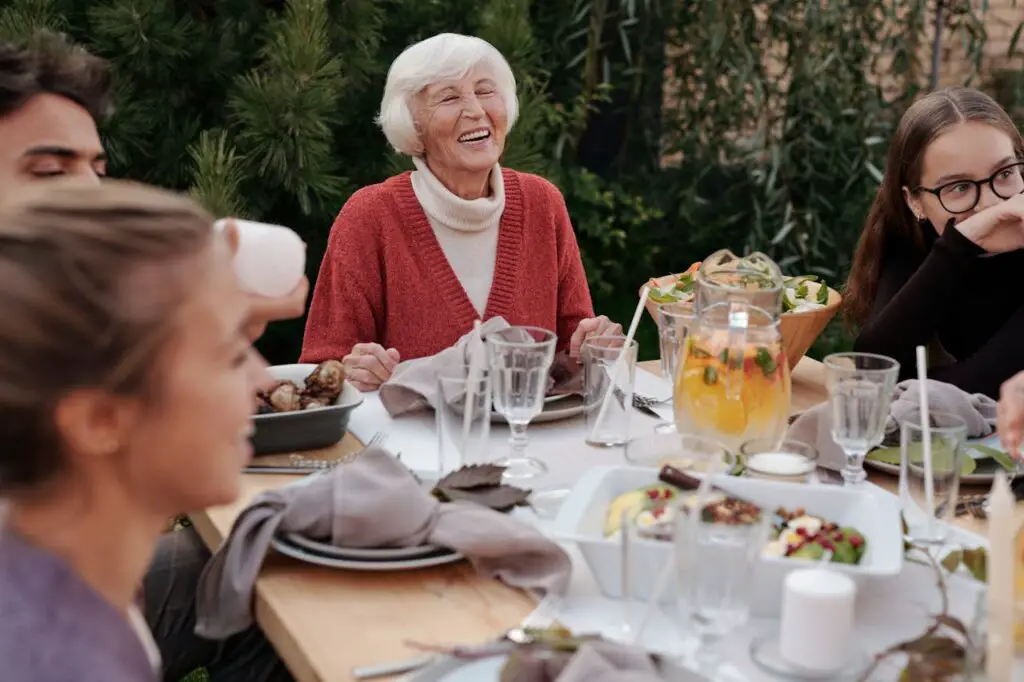The Importance of Social Connections for Baby Boomers’ Health — 8 Reasons You Can’t Ignore

As Baby Boomers continue to redefine what aging looks like, one thing is becoming clearer than ever: staying socially connected is just as important to your health as eating well and exercising. Sure, it’s easy to think that friendships and community ties are simply about companionship, but science tells us they’re much more powerful than that. Social connections influence everything from your heart health to your immune system—and even your life expectancy. In fact, researchers say being socially isolated can pose health risks as serious as smoking or obesity. That’s a wake-up call no one can afford to ignore.
If you’ve ever wondered why those weekly lunch dates, volunteer activities, or even casual phone calls matter so much, this article is for you. Here are eight powerful reasons Baby Boomers across the U.S. should prioritize social connections—and how doing so can keep you healthier, happier, and more fulfilled.
1. Live Longer by Staying Connected

Here’s the good news: strong social ties are one of the most effective longevity boosters out there. Studies show that Baby Boomers who stay socially engaged lower their risk of early death—comparable to the benefits of quitting smoking or staying physically active. On the flip side, isolation can increase the risk of premature death by nearly 30 percent. Whether it’s a weekly dinner with friends, joining a local club, or volunteering, every social interaction counts as a deposit into your “long life bank.” It’s not just about living longer—it’s about living better.
2. Stress Less with Genuine Support

Life doesn’t stop throwing challenges your way after 60. Retirement, health changes, and shifting family dynamics can all be stressful. The difference between feeling overwhelmed and feeling supported often comes down to the people you have in your corner. Social connections help lower stress hormones like cortisol, reducing the strain on both your body and mind. Talking through worries with a trusted friend or spending time with a supportive group can be more effective than facing struggles alone. Remember—sharing a burden halves it.
3. Keep Your Mind Sharp Through Engagement

Just like your muscles, your brain needs regular workouts to stay strong—and social interactions provide some of the best mental exercise available. Engaging in conversations, playing games, attending classes, or even just sharing stories keeps your mind stimulated. Research shows that older adults with strong social networks experience slower cognitive decline and are less likely to develop dementia. Think of it this way: every laugh, debate, or discussion with friends is a mini workout for your brain.
4. Boost Heart Health with Friendship and Laughter

It’s not just diet and exercise that protect your heart—your friendships do too. Studies have shown that women with at least three close friends and men with strong family ties have significantly lower risks of heart disease. Why? Because socializing reduces blood pressure, helps regulate stress, and encourages healthier lifestyle habits. Laughter-filled afternoons, regular phone calls, and friendly walks around the neighborhood all contribute to keeping your heart strong. It’s proof that love and laughter really are good medicine.
5. Strengthen Your Immune System and Heal Faster

Staying socially connected does more than lift your spirits—it can also boost your immune system. Researchers have found that people with stronger social networks have lower levels of inflammation and are better equipped to fight off illnesses like colds and the flu. For Baby Boomers managing chronic conditions, regular social contact can even support faster recovery and improve overall health outcomes. Simply put, a friendly chat today might help keep you healthier tomorrow.
6. Guard Against Depression and Anxiety

Loneliness can sneak up on anyone, especially as life transitions bring changes in routines, careers, or relationships. Unfortunately, isolation is closely linked to higher rates of depression, anxiety, and poor sleep in older adults. Social connections act as a natural buffer, offering emotional support and a sense of belonging. Even small steps, such as joining a hobby group, attending church services, or calling a friend once a week, can make a big difference. Remember, you don’t have to face the tough days alone—there’s always someone who’d love to hear from you.
7. Stay Active and Motivate Each Other

Ever notice how it’s easier to go for a walk when you have a friend waiting at the corner? Social connections don’t just benefit your mind—they keep your body moving too. From gardening with a neighbor to joining a senior fitness class, being with others adds motivation and accountability. Physical activity combined with companionship not only strengthens your body but also lifts your mood. You’ll find that staying active with friends doesn’t feel like exercise—it feels like fun.
8. Discover Purpose and Joy in Later Life

One of the greatest gifts of strong social connections is the sense of purpose they bring. As careers wind down and family roles shift, it’s easy to wonder where you fit in. Friendships, volunteer work, and intergenerational connections offer opportunities to give back, share wisdom, and feel valued. Whether it’s mentoring a young person, helping in your community, or simply being there for a friend, knowing that others count on you adds joy and meaning to everyday life. Purpose isn’t just fulfilling—it’s vital for emotional and physical well-being.
Final Thoughts

For Baby Boomers, social connections are far more than pleasant diversions—they’re essential building blocks of good health and happiness. They keep your mind sharp, your heart healthy, and your days full of meaning. If you’ve been putting off that phone call or skipping invitations because you feel too busy or tired, consider this your gentle nudge to say “yes.” Every friendship you nurture, every laugh you share, and every conversation you enjoy is a powerful investment in your health and well-being. After all, life isn’t meant to be lived alone—and the best years can still be ahead when they’re filled with connection.
Leave a Reply